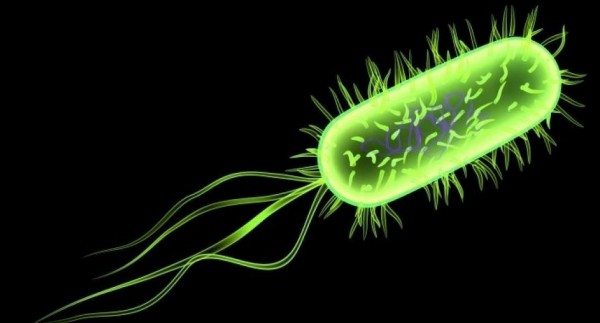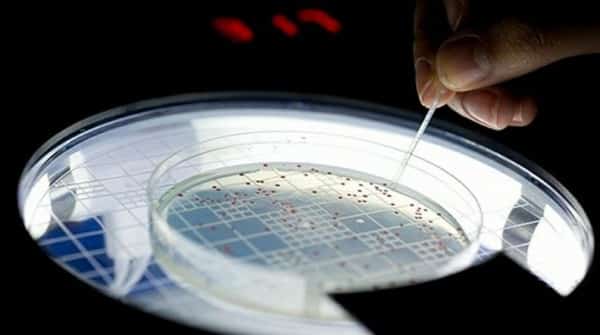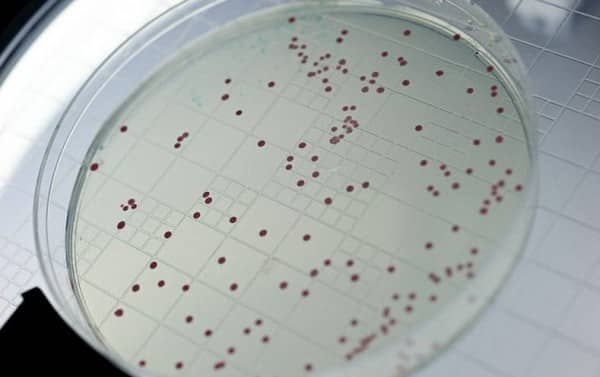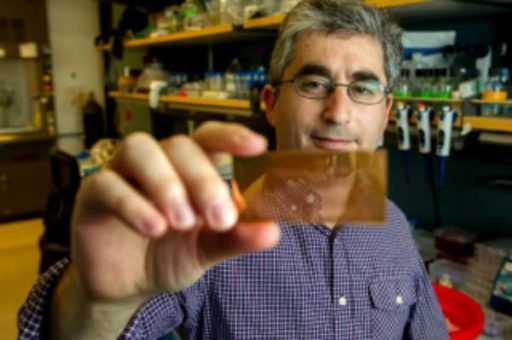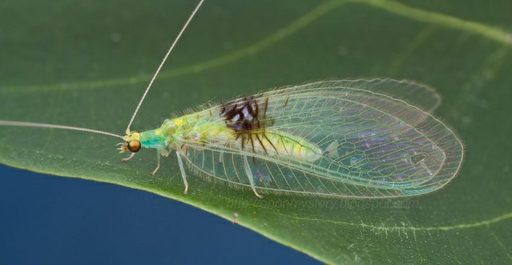Using a process called paleo-experimental evolution, Georgia Tech researchers have revived a 500 million year old gene from a bacterium (singular of bacteria) and inserted it into a modern-day Escherichia coli (E. coli) bacterium. This bacterium has now been growing for more than 1,000 generations and may help the scientists better observe the evolution in action.
The whole experiment was conducted by Betül Kaçar, a NASA astrobiology postdoctoral fellow in Georgia Tech’s NASA Center for Ribosomal Origins and Evolution. In 2008, Kaçar’s postdoctoral advisor, Associate Professor of Biology Eric Gaucher, successfully determined the ancient genetic sequence of Elongation Factor-Tu (EF-Tu), an essential protein in E. coli. Elongation Factors are one of the most abundant proteins in bacteria, found in all known cellular life and required for bacteria to survive.
Hybridizing the ancient 500 million year old gene with modern E. Coli bacteria using paleo-experimental evolution process was a difficult task. After achieving the difficult task of placing the ancient gene in the correct chromosomal order and position in place of the modern gene within E. coli, Kacar and her colleagues allowed the bacteria to grow for 500 generations. They observed that the growth rates increased gradually after the first 500 generations until some of them were even better off than the modern, unaltered strains.
Kaçar produced eight identical bacterial strains which allowed “ancient life” to re-evolve. The scientists sequenced the genomes of all eight lineages to determine how the bacteria have adapted. They found that the ancient EF-Tu did not accumulate mutations. Instead, the modern proteins that were interacting with the ancient gene inside the bacteria mutated. The mutations were responsible for the increased fitness of the chimera strains. That is, the ancient genes did not mutate to become more similar to the modern form but found a novel evolutionary pathway.
Interestingly, some of the altered lineages actually became healthier than their modern counterpart. These results were presented at the NASA International Astrobiology Science Conference. The scientists said that they were still studying the new bacterial generations to determine whether the proteins will follow the historical path and become more similar to the modern form or whether a new or novel evolutionary path will be selected.
Source : Georgia Tech researchers
Thanks To : io9, Daily Mail
[ttjad keyword=”portable-hard-drive”]

